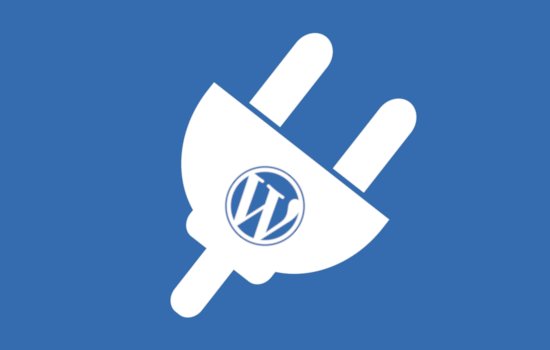 In the ever-evolving landscape of website development, the allure of plugins can be irresistible. The WordPress Plugin Directory boasts over 58,000 plugins, offering a solution for virtually every functionality imaginable. However, the age-old adage “less is more” holds true, especially when it comes to the number of plugins on your WordPress site. In this blog post, we will delve into the reasons why a leaner approach, with fewer plugins, can lead to a more efficient and thriving WordPress site.
In the ever-evolving landscape of website development, the allure of plugins can be irresistible. The WordPress Plugin Directory boasts over 58,000 plugins, offering a solution for virtually every functionality imaginable. However, the age-old adage “less is more” holds true, especially when it comes to the number of plugins on your WordPress site. In this blog post, we will delve into the reasons why a leaner approach, with fewer plugins, can lead to a more efficient and thriving WordPress site.
Improved Performance:
The more plugins you have, the more code your website needs to load. Each plugin introduces additional scripts and stylesheets, potentially slowing down your site’s performance. In a digital era where users expect lightning-fast load times, a bloated plugin collection can be a significant hindrance. Limit plugins to essentials for a smoother, quicker, and more enjoyable user experience on your website. Additionally, embrace minimalism through this practice.
Enhanced Security:
Every plugin you install is a potential gateway for security vulnerabilities. Outdated or poorly-coded plugins can expose your site to various risks, including hacks, data breaches, and other malicious activities. Keeping your plugin count low reduces the attack surface and minimizes the chances of security loopholes. Regularly updating a smaller set of plugins is also more manageable and allows you to stay on top of security patches, fortifying your site against potential threats.
Simplified Maintenance:
Managing a multitude of plugins can be a daunting task, especially when updates are frequent. A streamlined selection of plugins not only simplifies the update process but also minimizes the likelihood of conflicts between different plugins. Compatibility issues often arise when numerous plugins are vying for control over your site’s functionalities. By opting for a leaner set, you make maintenance more straightforward and reduce the risk of encountering conflicts.
Faster Loading Times:
Beyond the initial load time, each additional plugin can contribute to slower page speed, affecting the overall user experience. Search engines like Google consider page speed as a ranking factor. Consequently, a faster website not only pleases your visitors but can also positively impact your search engine rankings. By prioritizing essential plugins and trimming unnecessary ones, you pave the way for a speedier website that both users and search engines will appreciate.
Optimized User Experience:
A clutter-free website is more user-friendly. Visitors are more likely to engage with and navigate through a site that isn’t bogged down by excessive plugins. A focused approach to plugin usage ensures that each one serves a purpose and enhances the user experience rather than complicating it. Prioritize functionality that directly contributes to your site’s goals and audience needs to create a seamless and enjoyable browsing experience.
In the dynamic world of WordPress development, the mantra “less is more” remains a guiding principle for a reason. By embracing a minimalist approach to plugins, you not only optimize your site’s performance and security but also simplify maintenance, improve loading times, and enhance the overall user experience. Remember, a carefully curated selection of plugins that align with your site’s goals can lead to a WordPress site that not only survives but thrives in the competitive online landscape.
Ready to optimize your WordPress site? Reach out to us today and let’s enhance your website’s performance together!



